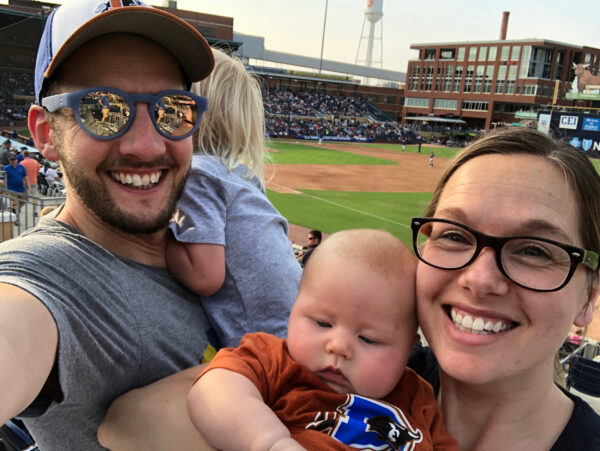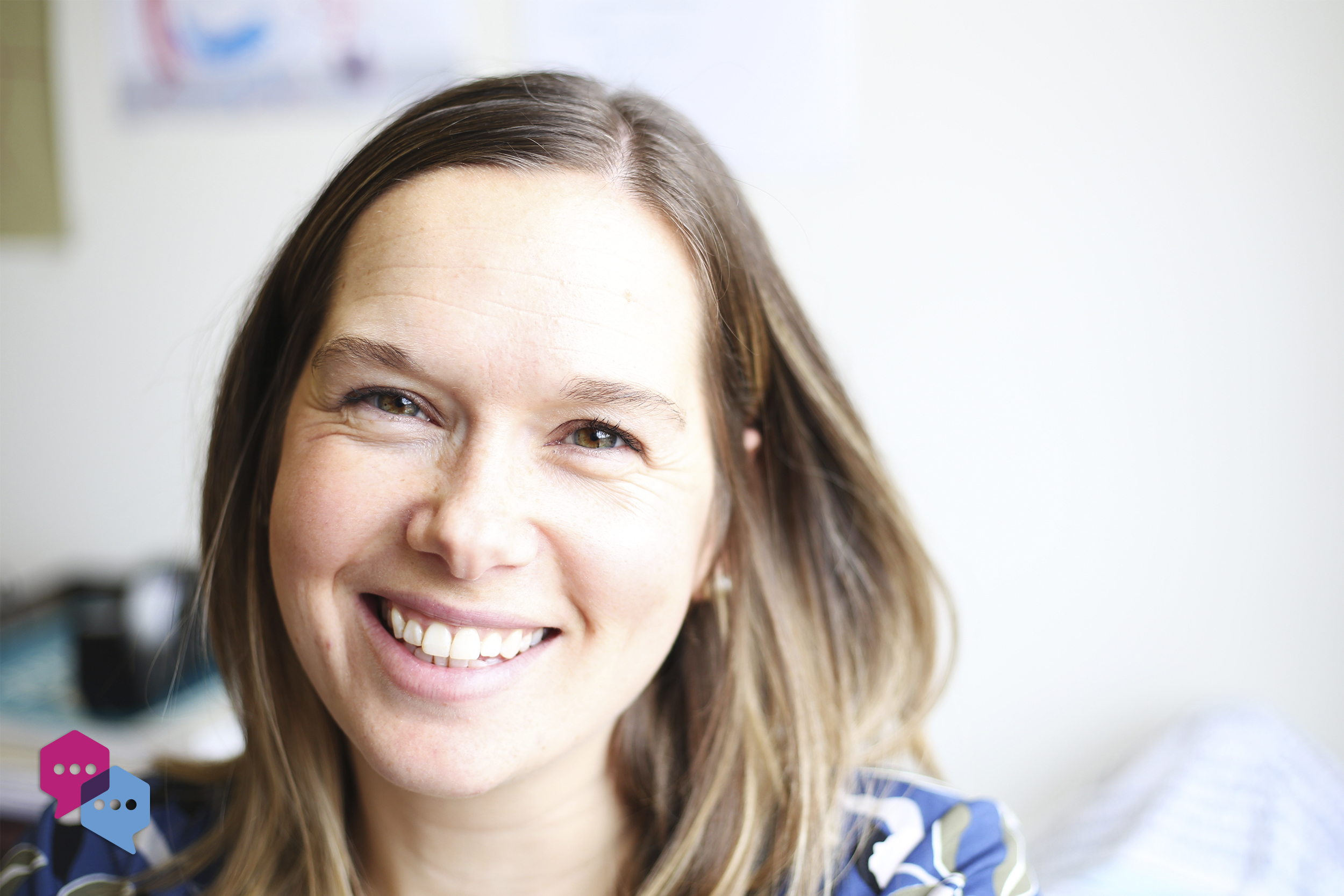Q: When you were a child, what was your response to this question: “What do you want to be when you grow up?”
A: I had to text my mum and neither of us could remember. I recall wanting to be a travel agent or a flight attendant as they seemed very glamourous. Also, a dentist.
Q: Share the pivotal moment in your life that helped you choose your field of study.
A: I loved psychology in high school and majored in it during my undergrad in the U.K. I remember two developmental psychologists, who were married to one another, showing videos of their children mastering various milestones during our lectures, and I was inspired by the fact they seemed to combine being scientists with being parents.
I stumbled into my PhD program after applying for a fellowship with one professor who then put me in touch with another doing autism intervention and in need of a PhD student. I was already working with kids with language delays, so this didn’t seem like a huge stretch. Spoiler: It was! This was when I became interested in sex differences in autism and studying girls with autism through a developmental lens. Boys are four times more likely to be diagnosed with autism, so we know much less about the trajectories of girls.

Harrop (right) trying to, unsuccessfully, get her husband and two daughters to look at the camera at a Durham Bulls game.
Q: Tell us about a time you encountered a tricky problem. How did you handle it and what did you learn from it?
A: My research uses a range of methods to answer our questions. This can include tests that evaluate electrical activity in the brain, eye tracking, direct assessment, and talking to parents. For hard-to-reach groups, we often use online surveys. This is particularly useful for parents of children with rare genetic conditions. We launched a survey via social media platforms. Uptake remained slow until day three, when our survey was suddenly at capacity. Alarm bells sounded, so we shut it down. It became apparent very quickly that most of our data was fraudulent, presumably to receive compensation. We spent days painstakingly combing through our other datasets to ensure the same had not occurred under our eye.
This experience was one of the hardest I have had to manage. I will never forget sending the “Shut it down!!!” email to our technician in the middle of a meeting. It felt like a personal attack, compromising the integrity of our data, impacting our research budgets, and distracting from the time and effort of families who truly want to contribute to our research.
Q: Describe your research in 5 words.
A: Autism manifests differently in girls.
Q: What are your passions outside of research?
A: I try to go to the gym four times a week and have found a great community of women there. I also watch “The Bachelor” with my friends (feel free to judge), am an avid listener of podcasts, try to read at least a few pages of a book for pleasure each night in bed, enjoy crafting projects, and am partial to a good jigsaw puzzle.
I also have two young daughters. It has been a real-life longitudinal study watching them grow and seeing how their personalities are shaped by us and their experiences and just them being them. While we are a family of Tar Heels, we live in the Bull City and enjoy spending our time as a family experiencing the Triangle area including the Museum of Life and Science, local breweries, and the Durham Bulls.


